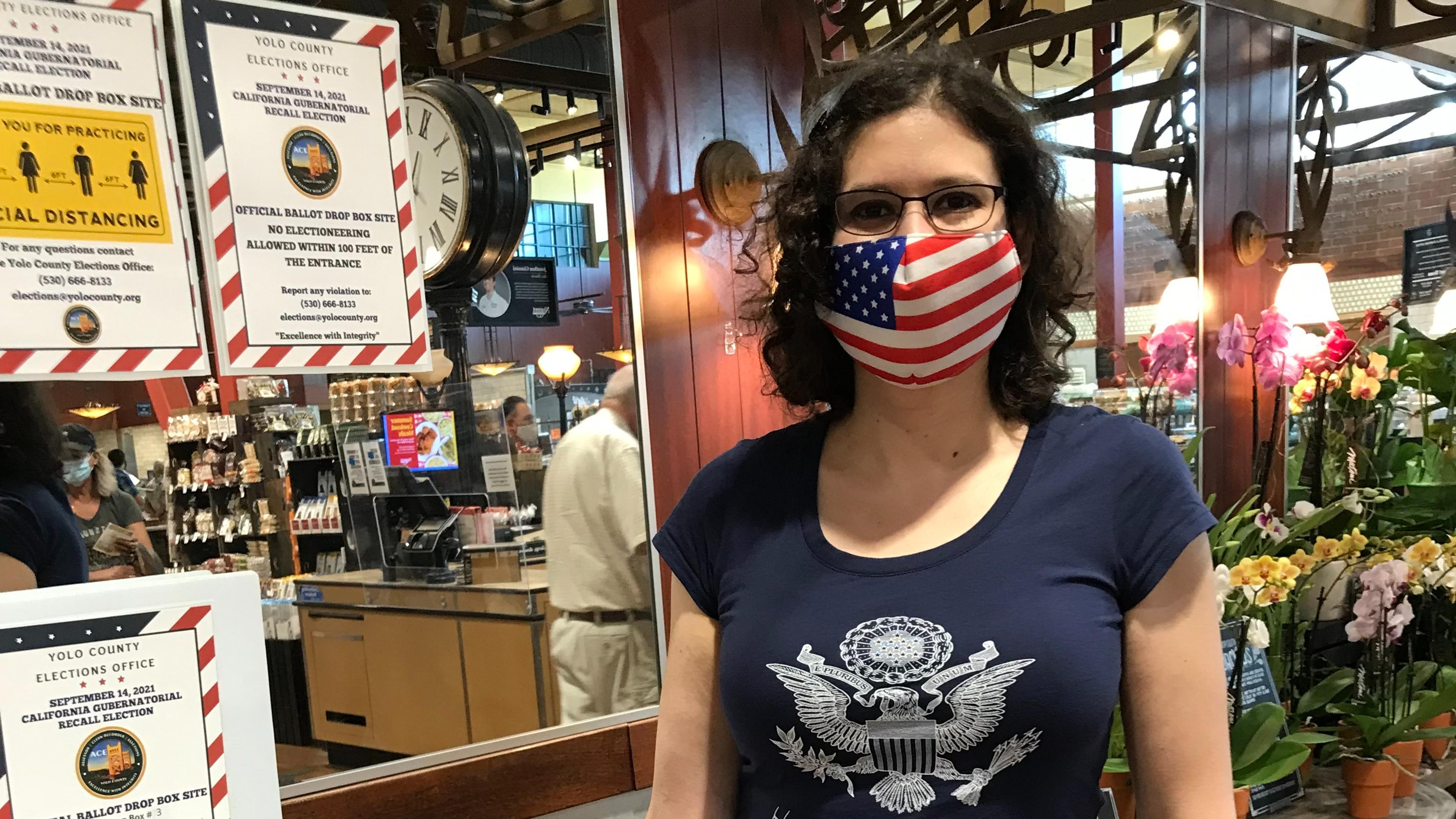This profile is part of the "People of Giving What We Can" series.

We recently spoke with Sonia Albrecht from Davis, California. She shared with us her effective giving story, including her journey to effective giving, what motivates her to give, her experience with a disability, and how she approaches effective giving as a Christian.
Sonia's story
Due to a disability, I spent most of my adult life living below the American poverty line without much hope of getting out. Eventually, I recovered enough to go to college, and I now plan to use my career in computer hardware design to help people who cannot access the treatment that saved my life.
Here’s how I arrived at my decision.
We have a perspective in much of the USA that the richest 1% of Americans should give a lot more to charity, but the richest 1% of humanity shouldn’t. Many people don’t realize that they are part of the richest 1% in the world, but for example, a single American with no children making $58,000 or more per year is.
As a student, I thought I wasn’t making enough to donate a lot more, but I discovered during the chaos of the 2020 presidential election that donating large amounts can be a far more rejuvenating use of money than anything else, even for Americans making much less than the richest 1% of humanity does. However, I later learned that the organizations I’d donated to weren’t particularly effective. I started googling charity effectiveness and stumbled upon the charity evaluator GiveWell and the wider effective giving community. It was so exciting to see such complicated problems addressed with so much scientific rigour, so I’ve been donating to GiveWell recommended charities ever since.
I’m teaching myself to live more frugally without compromising my productivity the way I did when I was poor, so that I can donate more. More importantly, I’m working harder at school so that I can maximize my future income. After graduation, this will enable me to donate most of my income to charity. I also hope to make a difference directly with my career by contributing technological solutions to the world’s most pressing problems. I’m living on less and working harder, but I feel like I’m living on more. My life is more full of meaning, and I am free from comparing my income primarily to other rich-world people.
For me as a Christian, effective giving is fundamentally about the call to see everyone as equal in the eyes of God. This means being one of the few rich-world people who donate to international charities. According to the 2023 Giving USA report, only 6% of American donations went to international affairs organisations in 2022. To me, this suggests that people living far away from us aren't given the same value as those living close to us. If you consider that many international charities do more than 100 times more good than typical rich-world ones, the importance of treating every human being as equally valuable becomes even more clear.
I am tremendously grateful for the help I’ve received from comparatively ineffective charities such as American soup kitchens. However, my experience makes me empathize more, not less, with people who have none of these rich-world options. Even when I lived at half the American poverty line, I was richer than 70% of humanity. When rich world people shun international charities, we demand that people even poorer than I was shoulder the burden of providing these services to the poorest members of our human family instead. In a perfect world, all charities that do more good than harm would be funded more. However, I can make a far bigger difference by donating to charities where the funding crisis is most severe.
Unfortunately, we understand so little about faraway circumstances that international charities are susceptible to being ineffective. However, numerous high-quality studies have identified international charities that rise above this problem. After looking into these studies and seeing the dedication to constant open-minded self-improvement in the effective giving community, I came to have even more confidence in the international charities recommended by Giving What We Can than in local charities. Local charities are less likely to be underpinned by high-quality academic studies, and our personal experiences with the few people we know well are very limited compared to the thousands of experiences summarized in even one study.
Maybe my donations will enable enough children to fulfil their full potential, that if their children face a disability such as mine, their country will be able to provide them with the healthcare that mine has.
This interview is part of the “People of Giving What We Can" series which profiles a selection of the Giving What We Can community. The Giving What We Can is a community of people from all walks of life, with different perspectives and motivations for giving – all united by their desire to make a significant commitment to use their income to effectively helping others. Read more member stories. Share your effective giving story to help inspire others to give more, and more effectively.
For more information about Giving What We Can we recommend you check out our frequently asked questions, our effective giving recommendations, our giving pledges, and our homepage.